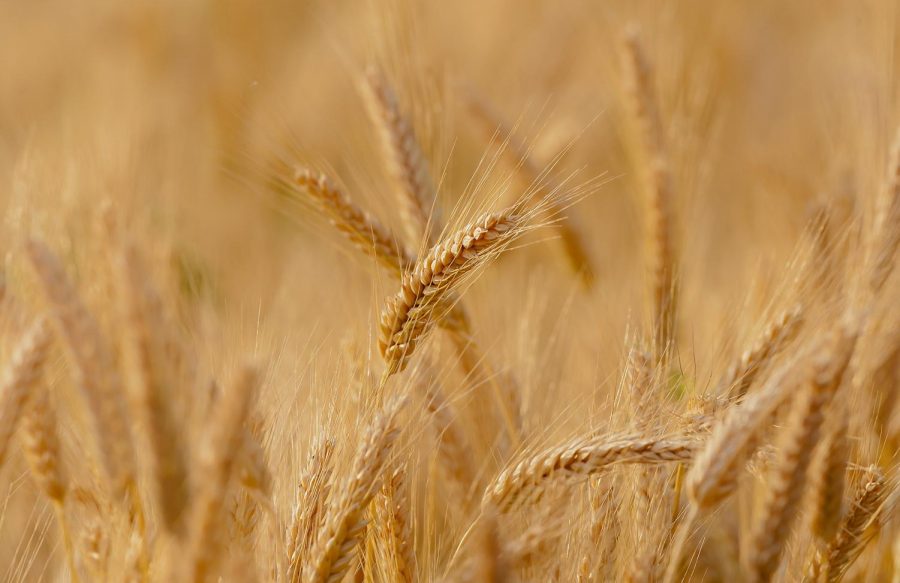WSU waits on funding from 2018 Farm Bill
University a major beneficiary of $867 billion for agriculture approved December of last year
Money from the 2018 Farm Bill could have significant implications for wheat, apple and cherry crop research programs at WSU, a university official says.
January 14, 2019
WSU is waiting to hear how the 2018 Farm Bill funds will be allocated.
Colleen Kerr, vice president for external affairs and government relations and chief legislative officer at WSU, said the $867 billion bill was approved by both houses of Congress and signed Dec. 20 by President Donald Trump.
“The Farm Bill happens every five years and is the primary authorizing legislation for all of the food and agricultural programs in the United States,” Kerr said.
The bill covers agricultural topics such as farming, agriculture research, production and how the U.S. deals with national disasters that affect farming. Kerr said it also addresses public health programs like Supplemental Nutrition Assistance Program Education (SNAP-Ed).
Kerr said although no money has been set aside yet for specific programs or universities, WSU is the primary recipient of USDA research dollars in the country.
“That is a really big deal because it supports critical research that covers things that touch the state of Washington very uniquely, like wheat or apples or cherries,” Kerr said.
Beyond research, WSU is also a part of the SNAP-Ed program through extension programs across the state.
Kerr said the original hope was to have a decision on how the funds will be allocated before Christmas, however the government shutdown has affected that schedule.
This has been an 18-month process, Kerr said, with meetings happening between WSU, the Washington State Department of Agriculture and representatives of the agricultural commodity groups. Talks started in summer 2017 before the bill was up for reauthorization.
“We discussed what our strategy was going to be, how are we going to work together, how are we going to prioritize efforts directly to our state delegation, and how are we going to make sure the state of Washington is well represented in the Farm Bill,” Kerr said.




















